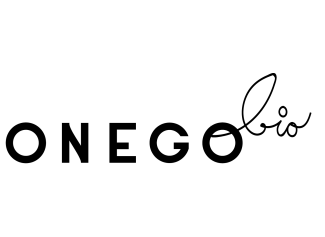
Georgios Katsikis
Postdoctoral Associate
MIT
Georgios ‘Yorgos’ Katsikis is a postdoctoral associate at MIT. He did his PhD in Mechanical Engineering at Stanford. After his PhD he worked at Carbon, a start-up company in Silicon Valley. He is currently at MIT, researching on nanotechnologies for characterization of viral vectors. For his research, he led a collaboration between three departments at MIT and Biomarin Pharmaceutical. He is interested in biotechnology, microfluidics, biophysics and rapid prototyping.

Elad Firnberg
Senior Scientist
REGENXBIO

Alex Ward
Director, Vector Production and Development
Sangamo Therapeutics

David Schaffer
Professor
UC Berkeley

Aish Sathyanarayan
Senior Scientist – Process Analytics
Poseida Therapeutics

Abhishek Chatterjee
Professor
Boston College

Ruraidh Peter
Chief Executive
Global Roundtable for Sustainable Beef

Maarja Buddell
Founder
Pet & Me
Maarja Buddell is an Estonian entrepreneur, who found her true passion in dogs and entrepreneurship. She is the CEO and founder of PET & ME, also owns a dog salon Groomland and is a creative mind in SO POSH Dog Cosmetics.

